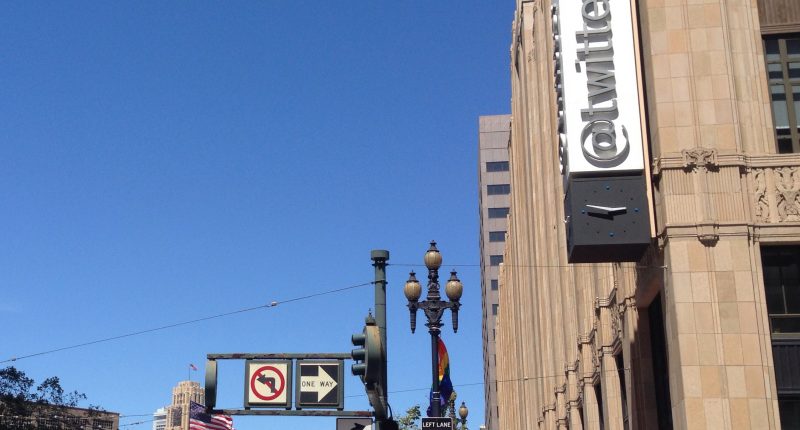In the latest instance of Elon Musk reversing Twitter’s policies, the social media company will now expand the types of political advertisements on its micro-blogging site, as well as relax its ads policy for “cause-based” advertisements in the US. Prior to this development, the platform allowed cause-based advertising on its site but had some restrictions in place.
This relaxation of its long-standing stance on political ads on the platform will herald the return of political advertisements “in the coming weeks” and relax the three-year-old ban that had been implemented by Twitter co-founder and former CEO Jack Dorsey. This decision, thus, goes back on Dorsey’s statement at that time that political influence should be earned rather than bought (something that then-President Donald Trump and numerous other conservatives and liberals were not amused by).
Twitter refrained from providing further details as to what changes we can expect under the new policy, but given that it comes ahead of the 2024 US presidential election, the comeback of political ads on what is unarguably one of the most popular social media platforms could have a major effect.
Twitter confirmed the development in a tweet. The company added in a thread that going forward, it would “align” its advertising policy “with that of TV and other media outlets.” Moreover, it will “first ensure that our approach to reviewing and approving content protects people on Twitter.”
A Twitter user hailed the decision as a “good call,” which seemed to be “kinda shocking” for Twitter. This is, of course, a jab at the various mismanagements and bad decisions taken by Twitter CEO Elon Musk ever since he bought the social media platform – which resulted in a mass exodus of employees, and executives, lawsuits, and general chaos at the company.
The comeback of political ads on Twitter also seems to be a sign of desperation on Musk and the company’s part, which is in shambles and in dire need of a steady source of income. Musk’s decision of loosening content moderation on the platform, reinstating several previously-banned right-wing accounts, and confusion regarding Twitter Blue (which saw a resurgence of fake accounts), spooked numerous brands and advertisers.
As they fled the platform ever since the takeover was confirmed, Twitter found itself struggling to navigate choppy waters, short of skilled manpower, and a significant drop in revenue, as many brands paused their expenditure on Twitter to keep their ads from appearing alongside controversial content on the platform.
While it is true that political ads made up very less in sales for Twitter – it amounted to less than $3 million during the 2018 US midterm elections – having political ads back on the platform may be better than nothing for a company that is now struggling to recoup from its losses.
The Tech Portal is published by Blue Box Media Private Limited. Our investors have no influence over our reporting. Read our full Ownership and Funding Disclosure →






